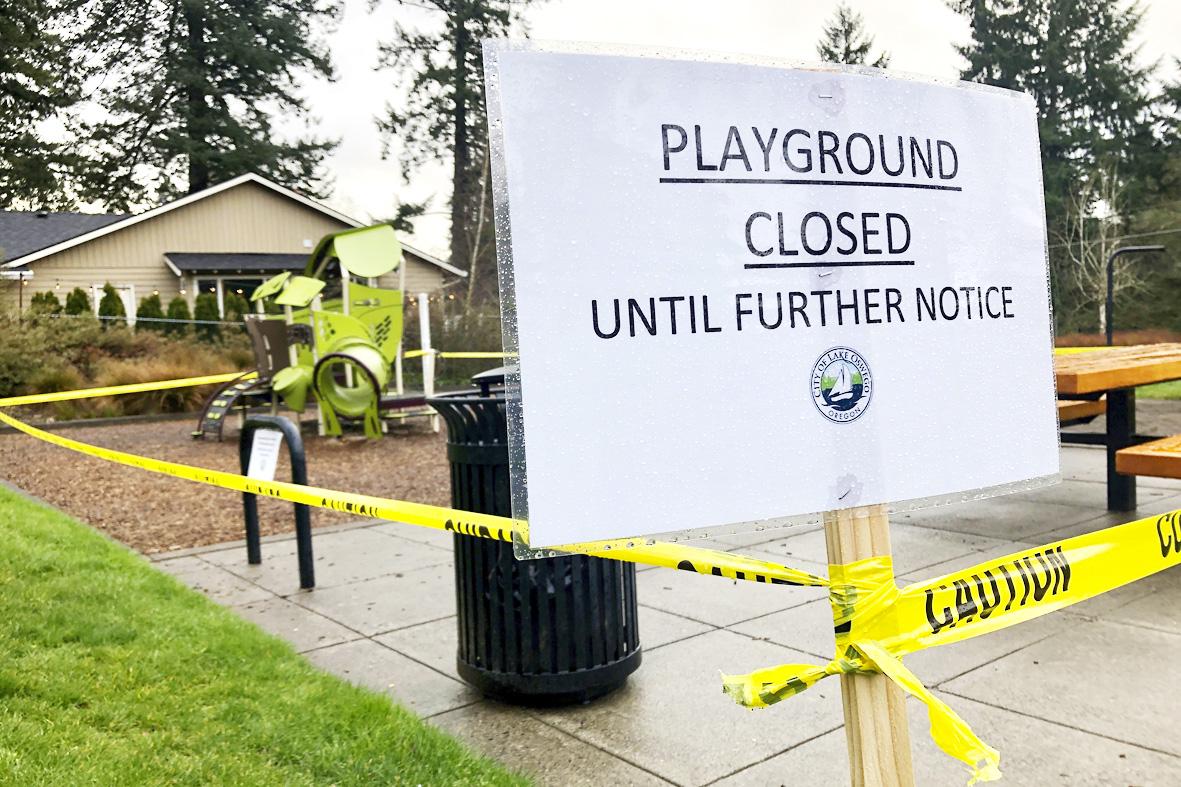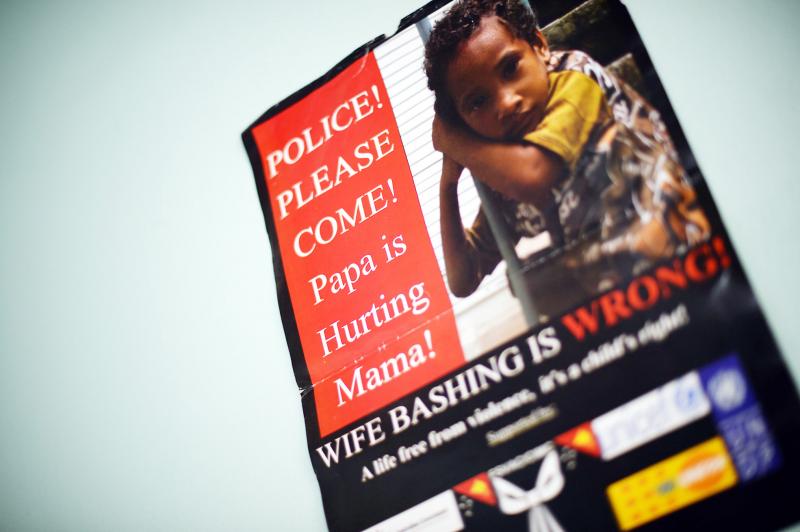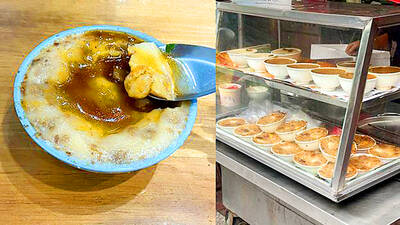“Safer at Home.” It’s a slogan of choice for the mandatory confinement measures aimed at curbing the spread of the coronavirus. But it’s not true for everyone.
As the world’s families hunker down, there’s another danger, less obvious but just as insidious, that worries advocates and officials: a potential spike in domestic violence as victims spend day and night trapped at home with their abusers, with tensions rising, nowhere to escape, limited or no access to friends or relatives — and no idea when it will end.
“An abuser will use anything in their toolbox to exert their power and control, and COVID-19 is one of those tools,” said Crystal Justice, who oversees development at the National Domestic Violence Hotline, a 24/7 national hotline in the United States. In cities and towns everywhere, concern is high, and meaningful numbers are hard to come by. In some cases, officials worry about a spike in calls, and in others, about a drop in calls, which might indicate that victims cannot find a safe way to reach out for help.

Photo: AFP
照片:法新社
In Los Angeles, officials have been bracing for a spike in abuse. “When cabin fever sets in, give it a week or two, people get tired of seeing each other and then you might have domestic violence,” said Alex Villanueva, the sheriff of Los Angeles County.
“One of the key challenges of this health pandemic is that home isn’t a safe place for everyone,” said Amanda Pyron, executive director of The Network: Advocating Against Domestic Violence, based in Chicago. “Victims and the abusers have to stay at the scene of the crime.”
Similar concerns have arisen in hard-hit continental Europe. In France, “it’s an explosive cocktail,” says Nathalie Tomasini, a leading lawyer for domestic violence victims there. Being trapped in an apartment with an abusive partner, she said, is akin to “a prison with no open window.”

Photo: AP
照片:美聯社
In addition to intimate partner violence, concerns have also been raised about child abuse. In jurisdictions everywhere, the chief worry is not only that coronavirus tensions could trigger more abuse, but that with kids out of school, more cases could go unreported or unnoticed.
“If kids are not at school, those reports aren’t getting made,” said Jessica Seitz, public policy director for the advocacy group Missouri Kids First. “That’s really a crack in the system.”
Without educators in place, “We really need neighbors to check on next-door children and children in the neighborhood,” said Tom Rawlings, director of Georgia state’s Divisionof Family and Children Services.

Photo: AFP
照片:法新社
Back at the National Domestic Violence Hotline, which is based in Austin, Texas but has staff working remotely now, advocates are urging people in potentially risky situations to use the more discreet chat and text options available on their Web site, and to formulate a personal safety plan. This could include setting up a standing call with relatives or establishing a code phrase to signal an emergency.
(AP)
為遏止冠狀病毒傳播而頒布的禁足令,選用「Safer at Home」(待在家更安全)作為口號,以強制民眾待在家。然而,待在家裡並非對每個人來說都會更安全。
當全世界的家庭都蟄居屋內,有識之士及官員也擔憂會有另一種危險(雖不像病毒的威脅顯而易見,卻也是同樣險惡):受害者與施虐者每天從早到晚一同困在家中,可能會使家庭暴力事件激增──由於對峙情況加劇、無處可逃、與親朋好友缺乏往來,也不知道這一切何時會結束。
「施暴者利用所能掌握的任何工具來施加權力及控制,武漢肺炎便是其中一種工具」,「全國家暴熱線」主管克莉絲多‧賈斯提斯表示。該熱線為二十四小時全年無休的全美服務。各地的城鎮都非常關注此問題,但卻很難獲得有意義的數字。在某些情況,官員擔心求助電話數目激增;其他時候,則擔心電話數量減少,因為這可能表示受害者找不到安全的方式來尋求幫助。
在洛杉磯,政府一直在為施暴案的激增做準備。洛杉磯郡警長艾利克斯‧維拉紐瓦表示:「〔禁足〕大約一兩個星期後幽閉煩躁症發作,人們會對彼此感到厭倦,然後家庭暴力便可能會發生」。
「這種大流行病的主要挑戰之一是,家裡並非對每個人來說都是安全的地方」,芝加哥「網絡:反家暴倡議」(The Network: Advocating Against Domestic Violence)的執行董事阿曼達‧派蓉說道。「受害者與施暴者只能待在犯罪現場」。
受疫情重創的歐洲大陸也有類似問題引起關切。法國為家暴受害者辯護的名律師納塔莉‧托馬西尼表示,在法國,「這樣的混居是容易引爆的」。她說,跟有施暴傾向的伴侶一起困在公寓裡,就像是身處在「沒有窗戶的監獄」。
除了親密伴侶的暴力,虐待兒童問題也引發關注。各地司法機關主要擔憂的,不僅是冠狀病毒之緊張情勢可能引發更多虐童事件,而是孩子不上學,可能會讓更多案件沒被通報或未被察覺。
倡議團體「密蘇里州兒童優先組織」(Missouri Kids First)的公共政策主任潔西卡‧塞茲表示:「如果孩子們不在學校,這些案件就不會被通報」。「這真是系統的漏洞」。
喬治亞州家庭與兒童服務處主管湯姆‧洛林斯表示,沒有教育工作者在崗位上,「我們真的需要鄰居來查看隔壁和附近的孩子」。
上述全國家暴熱線之辦公室設於德州奧斯汀市,但其人員目前是以遠距方式工作。該熱線呼籲身處此風險境地的人在聊天及傳簡訊時使用更秘密的網站選項,並擬定人身安全計畫。這可包括設定聯繫親戚的常備電話,或建立暗號密語來表示緊急狀況。
(台北時報林俐凱編譯)
FOLLOW UP 讀後練習
Questions
1. Which groups of people are particularly at risk of domestic violence? What could be the mindset of the abusers?
2. Why could confinement measures lead to an increase in domestic violence?
3. If you are concerned that your neighbors/relatives/friends are exposed to the risk of domestic violence, what could you do for them?
4. If you are in danger of domestic violence, what should you do??
(Lin Lee-kai, Taipei Times)

Rice is an essential ingredient in Taiwanese cuisine. Many foods are made of rice, adding more variety to our cooking, such as rice cake, or “gui.” Wagui is made by steaming rice flour batter in a bowl. The term “gui” refers to a type of food made from rice, while “wa” refers to a bowl. The pronunciation of “gui” in Taiwanese Hokkien is similar to the word for “nobility” in Chinese, so it is common for people to prepare various types of gui, including wagui, as offerings to the gods or ancestors,. 米是台灣重要的主食,用米製成的食品十分多元,豐富我們的飲食,如米做成的「粿」。粿的意思是米做成的糕點,碗粿是將在來米漿倒入碗中蒸熟,因而得名。粿因為音同「貴」,因此碗粿等粿食常用作供品祭拜神明和祖先。 nobility (n.) 高貴,高尚;貴族 offering (n.) 供品 While Taiwan may not be

Drive-through (or drive-thru) restaurants provide people with the immense convenience of being able to purchase and pick up meals without needing to leave their vehicles. These restaurants have been around for decades, and their success has spawned a number of equally handy services. The drive-through concept originated with the drive-in restaurant, the first of which was established in the US in 1921. Patrons would order and eat the food that was delivered to their cars by workers called “carhops.” Ten years later, a drive-through service was introduced, but it was not until 1947 that the first exclusively drive-through restaurant opened its

On Tuesday last week, the flame for this summer’s Paris Olympics was lit at the birthplace of the ancient Olympic Games in southern Greece in a meticulously choreographed ceremony. It will then be carried through Greece for more than 5,000km before being handed over to French organizers at the Athens venue used for the first modern Olympics in 1896. The pageantry at Olympia has been an essential part of every Olympics for nearly 90 years since the Games in Berlin. It’s meant to provide an ineluctable link between the modern event and the ancient Greek original on which it was initially modelled. Once

A: “Forbes” magazine just revealed Hollywood’s top 10 highest-paid stars of 2023. B: How much did those superstars make last year? A: Denzel Washington was at No. 10, having made US$24 million, which is about NT$771 million. B: That’s an astronomical figure to me. A: No. 9 to No. 6 were: Ben Affleck with US$38 million, Jason Statham with US$41 million, Leonardo DiCaprio with US$41 million, and Jennifer Aniston with US$42 million. A: 《富比世》最近公布了好萊塢去年的片酬排行榜。 B: 大明星的片酬到底有多高? A: 第10名是丹佐華盛頓、片酬2400萬美元,大約7.7億台幣。 B: 天啊這根本是天文數字! A: 第9到6名是︰班艾佛列克、3800萬美元,傑森史塔森、4100萬美元,李奧納多狄卡皮歐、4100萬美元,珍妮佛安妮斯頓、4200萬美元。 (By Eddy Chang, Taipei Times/台北時報張聖恩)